Pipeliner CRM is a software for businesses seeking a visual, intuitive sales management tool. It offers features like sales forecasting, pipeline management, and reporting.
It provides a clear overview of the sales process, facilitating easy tracking of deals, identifying bottlenecks, and prioritizing tasks. The tool offers customization options, sales enablement tools, and mobile access for easy use. Pipeliner CRM is best suited for sales teams that prioritize visual representation, need customization, and value ease of use.
In all of these, should you buy Pipeliner CRM or not?
LET’S CUT TO THE CHASE!
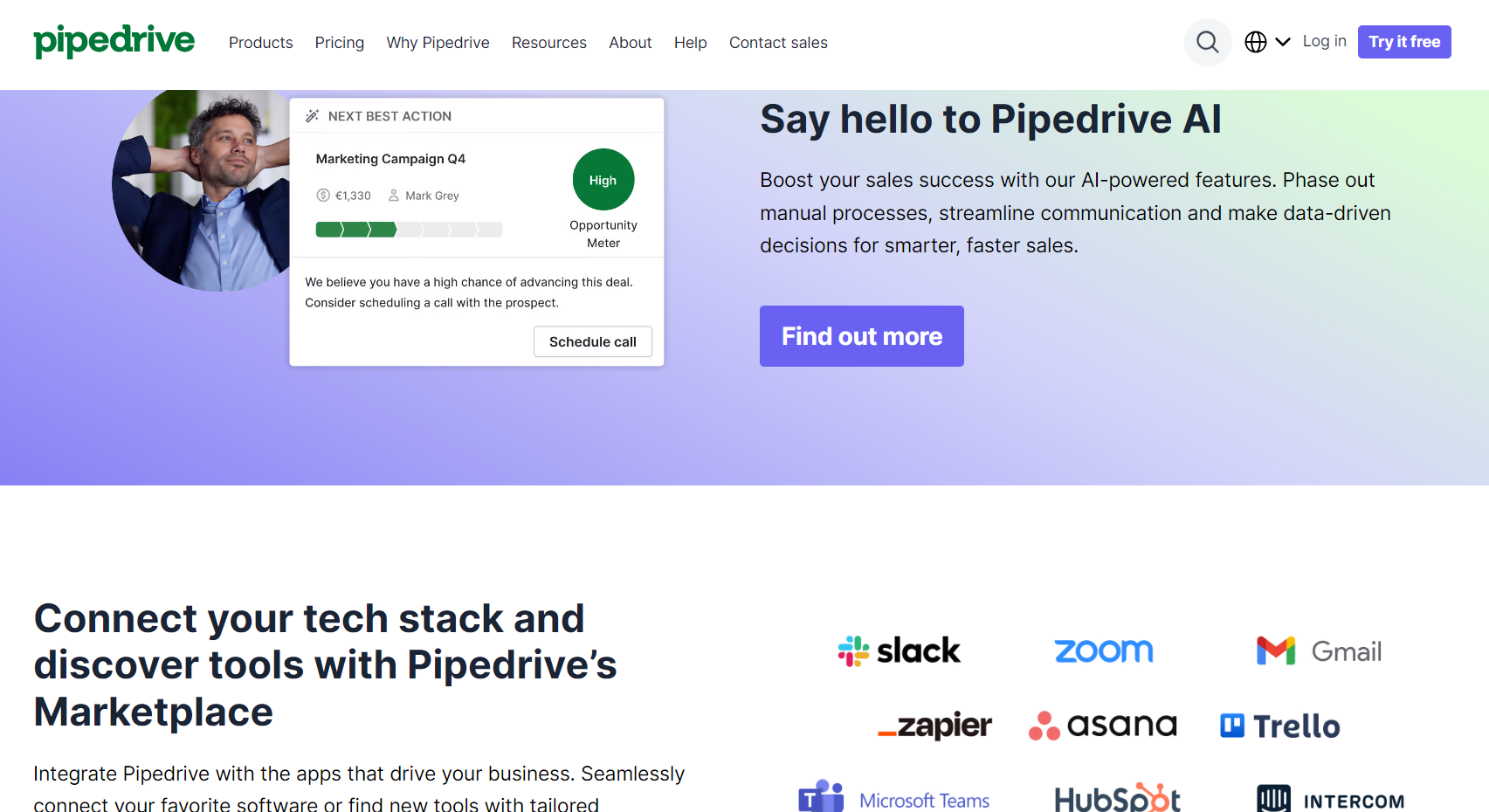
CHOOSE IT IF
- You prioritize visual sales management: Pipeliner CRM is highly valued for its ability to provide a clear and intuitive overview of the sales pipeline.
- You require high customization: Pipeliner CRM can be customized to any business-specific sales processes.
- You focus on sales forecasting: Pipeliner CRM focusses on improving sales forecasting to enhance predictability and accuracy.
- You seek better collaboration: Pipeliner CRM’s sales team helps businesses seeking to improve communication and teamwork for better collaboration.
- You value ease of use: Pipeliner CRM is best for you if you value ease of use and prefer a CRM that is user-friendly and requires minimal to no training.
- You have a complex sales cycle: In a complex sales cycle, a CRM is required to effectively manage multiple deal stages and intricate sales processes. Pipeliner CRM offers a range of features for managing sales and marketing, which can be a valuable tool for your business.
DON'T CHOOSE IF
- You have a limited budget: Pipeliner CRM’s pricing may be more expensive than other market options, especially for small businesses or startups with a limited budget.
- You have a large sales team with complex workflows: Pipeliner’s customization options may be restricted for very large sales teams with intricate workflows.
- Your team relies heavily on automation: Pipeliner CRM may not be as robust in automation as other CRM platforms, making it a less dependable choice for your team.
- You prioritize a high degree of integration: Pipeliner may not provide the necessary compatibility for businesses that prioritize a high degree of integration.
- You need a cloud-based solution: Pipeliner CRM is a desktop-based CRM solution and may not be suitable for businesses that require a cloud-based solution.
THE BOTTOM LINE
For sales teams seeking a visual, customizable solution with an intuitive interface, flexibility, and sales forecasting enhancement, Pipeliner CRM is the best. It is a powerful CRM software that offers a range of features and benefits for businesses.
NOW, LET’S DETAIL THINGS FOR YOU.
Pipeliner CRM offers various pricing plans based on a per-user, per-month model. Its exact pricing and features may vary; you should visit the Pipeliner CRM website for the most up-to-date information and to get a customized quote based on your specific requirements.
The Starter plan is specifically designed for small businesses and provides basic sales management features. The starter plan cost $65 per user a month, with a minimum requirement of three users.
The business plan costs $85 per user a month; it offers advanced features, such as full CRM functionality, unique productivity features and customization options, and enhanced reporting.
The Enterprise plan is designed for larger organizations with complex sales processes, offering all features such as full CRM functionality with advanced reporting, customization and services. The plan goes for $115 per user a month.
The Unlimited plan allows for unlimited users and storage, making it an excellent choice for businesses that are rapidly expanding. This plan costs $
150 per user per month, offering advanced CRM functionality and advanced features.
Pipeliner CRM offers a 14-day free trial period for all tiered plans, allowing you to experience the platform before committing to it.
You should take into account your business size, needs, and budget, as Pipeliner CRM’s pricing is based on a per-user, per-month model.
WHAT’S THE CATCH WITH PIPELINER CRM?
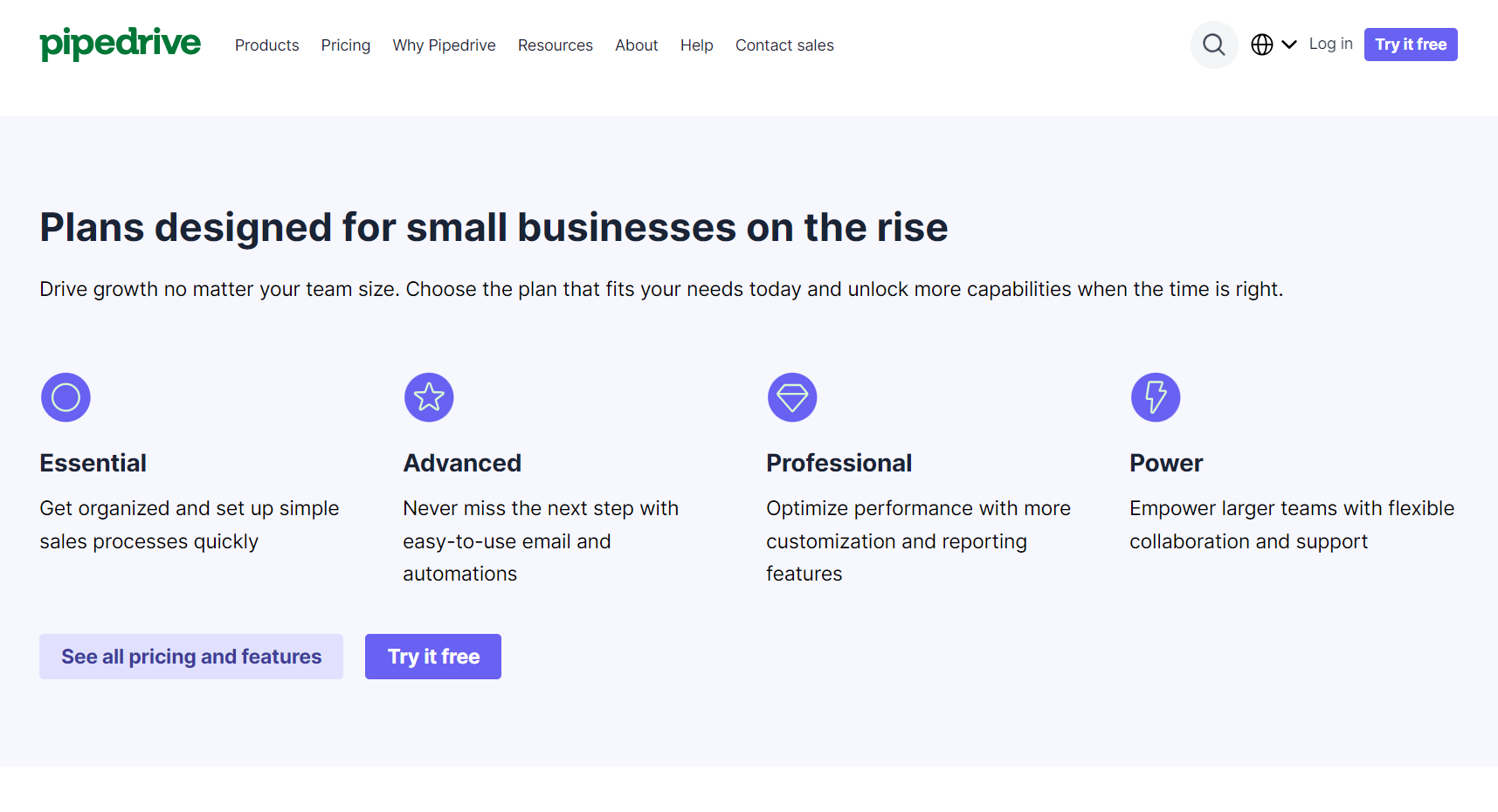
Pipeliner CRM offers a transparent pricing model on its website. Each tiered plan has its own costs and features that are publically reviewed for you to determine which plan best suits your business needs and budget.
Before committing to any of Pipeliner CRM plans, all you have to do is visit its website, carefully review, and check out its transparent pricing model.
You can get quotes from multiple CRM providers to compare their services and identify potential cost savings.
>>> PRO TIPS: HubSpot CRM vs Freshsales
WHAT YOU NEED TO KNOW.
Know that the Pipeliner CRM pricing model is transparent and offers a range of pricing plans for businesses of different sizes and needs. The pricing plans include starter, business, enterprise, and unlimited plans, with prices ranging from $65 to $150 per user per month.
Also, know that every tiered plan of Pipeliner CRM has an offer of a 14-day free trial, enabling you to try out all the features at no cost.
WHAT ARE PIPELINER CRM’S COMPETITORS OFFERING?
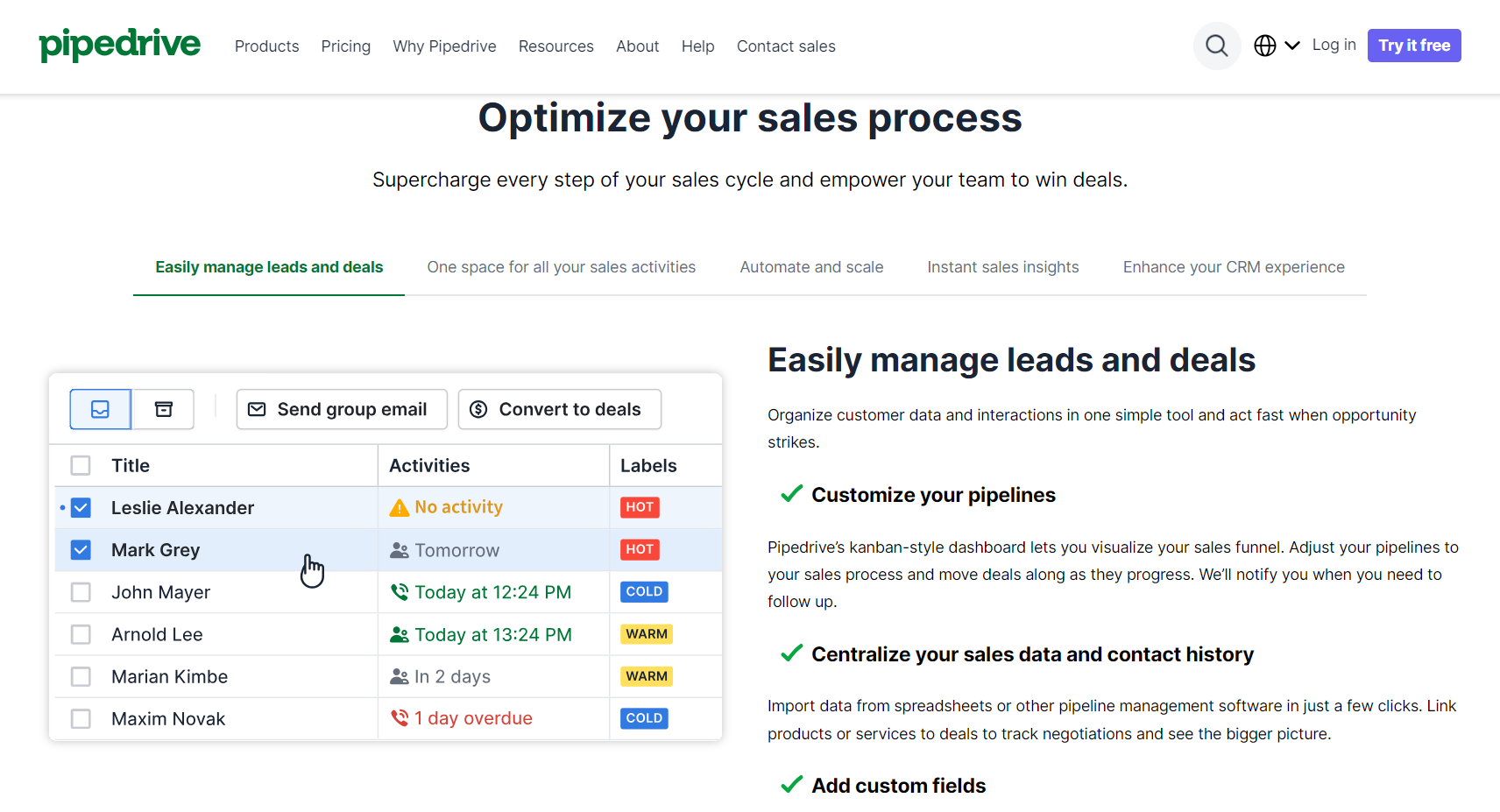
Pipeliner CRM faces stiff competition from several other CRM providers in the market, each offering unique strengths and services. Here are a few of Pipeliner CRM’s main competitors:
Pipeliner CRM vs. Salesforce
Salesforce is the big leader in the CRM market, offering a comprehensive suite of tools for sales, marketing, and customer service. Its key features include scalability, customization, automation, and handling businesses of all sizes.
Pipeliner CRM, on the other hand, focusses on visual pipeline management, while Salesforce offers a broader suite of features and scalability, catering to different types of businesses.
Pipeliner CRM vs. Zoho CRM
Zoho CRM is cloud-based CRM software that is popular among small and medium-sized businesses. It offers a comprehensive suite of tools, including sales, marketing, customer support, and project management.
Zoho CRM offers affordability with various plans, customization options, integration with other Zoho applications, and mobile access. It also offers a more comprehensive suite at a lower price, whereas Pipeliner CRM excels at visual pipeline management.
Pipeliner CRM vs. Pipedrive
Pipedrive is another cloud-based CRM software that focusses on sales pipeline management, offering a visual approach for tracking deals and identifying opportunities. Its key features include a user-friendly interface, sales automation, mobile accessibility, and integration capabilities with various tools and platforms.
Compared to Pipeliner CRM, Pipedrive is considered slightly easier to use and offers a more streamlined approach.
Pipeliner CRM vs. Freshsales
Freshsales is a cloud-based CRM solution that focusses on sales, marketing, and customer support. It offers AI-powered insights, sales automation, a robust mobile app, and affordable pricing. Freshsales’ focus on AI-powered features and automation makes it a popular choice for businesses looking to streamline their sales processes. Despite not offering customization, Freshsales excels in providing actionable insights and improving sales efficiency.
Pipeliner CRM vs. Oracle CRM
Oracle CRM, also known as Oracle CX, is a robust CRM platform designed for large enterprises, offering a comprehensive suite of applications for sales, marketing, service, and commerce functions. Its key features include scalability, seamless integration with other Oracle applications, customization, and advanced analytics. While Oracle CRM is suitable for large enterprises with complex business processes, its complexity and higher cost may not be suitable for small to medium-sized businesses.
WHAT AFFECTS PIPELINER CRM’S PRICES?
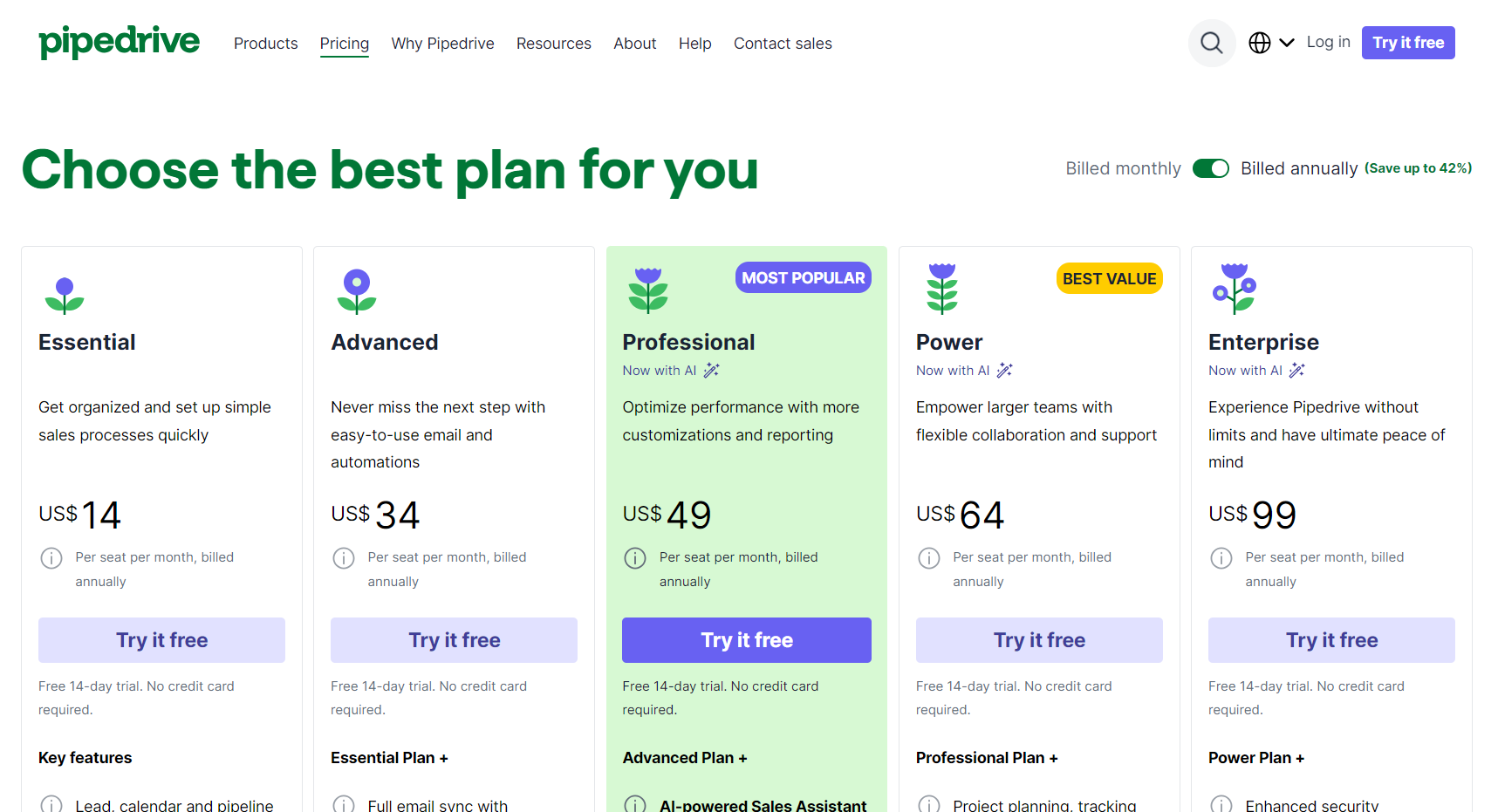
Pipeliner CRM’s pricing can be affected by a range of factors, including:
- Number of users: The cost of a CRM is primarily determined by the number of users requiring access to the CRM, as Pipeliner CRM charges per user. With more users, a higher overall price.
- Additional features: Pipeliner CRM offers additional features or customizations that will incur additional charges, such as integrations, data migration, sales forecasting and marketing automation, or specific training requirements.
- Chosen plan: Pipeliner offers four various pricing tiers, which are starter, business, enterprise, and unlimited. The higher tiers offer more advanced functionalities at a higher cost.
WHAT AFFECTS PRICES IN THE INDUSTRY OVERALL?
Several factors influence pricing within the CRM industry; these are:
- Business size: CRM providers typically provide tiered pricing based on the number of users or features needed for their business.
- Product development costs: The cost of product development includes the research, development, and maintenance of the CRM software.
- Customer demand: High customer demand for specific features or functionalities can justify premium pricing.
- Technology: New technologies can significantly lead to new features and capabilities in CRM software, impacting prices by either increasing or decreasing costs.
- Competition: This can significantly influence pricing by influencing the offerings and pricing structures of other businesses. Some providers may offer lower prices to attract customers.
- Operational costs: These costs include infrastructure, personnel, customer support, and sales expenses.
HOW TO GET THE BEST DEAL WITH PIPELINER CRM?
Getting the best deal on Pipeliner CRM often involves a combination of understanding their pricing structure, optimizing your usage, and effective negotiation. Here are a few tips to help you get the best deal with Pipeliner CRM:
- Understand Pipeliner CRM’s pricing structure: You can by defining your team size, required features, and usage patterns. Comparing the different pricing tiers to find the best fit for your budget and considering additional costs for customizations, integrations, or training.
- Optimize your usage: Train your team to optimize Pipeliner usage, utilize automation features to reduce manual tasks, and consolidate users by evaluating access requirements or assigning different roles.
- Negotiate: To negotiate effectively, you should research competitors, showcase your business value, negotiate for additional features, and take advantage of seasonal discounts.
- Consider annual plans: Pipeliner CRM may offer discounts for annual plans or long-term contracts, enabling you to save money and get the best deals with Pipeliner CRM.
CAN YOU AFFORD PIPELINER CRM’S PRICES?
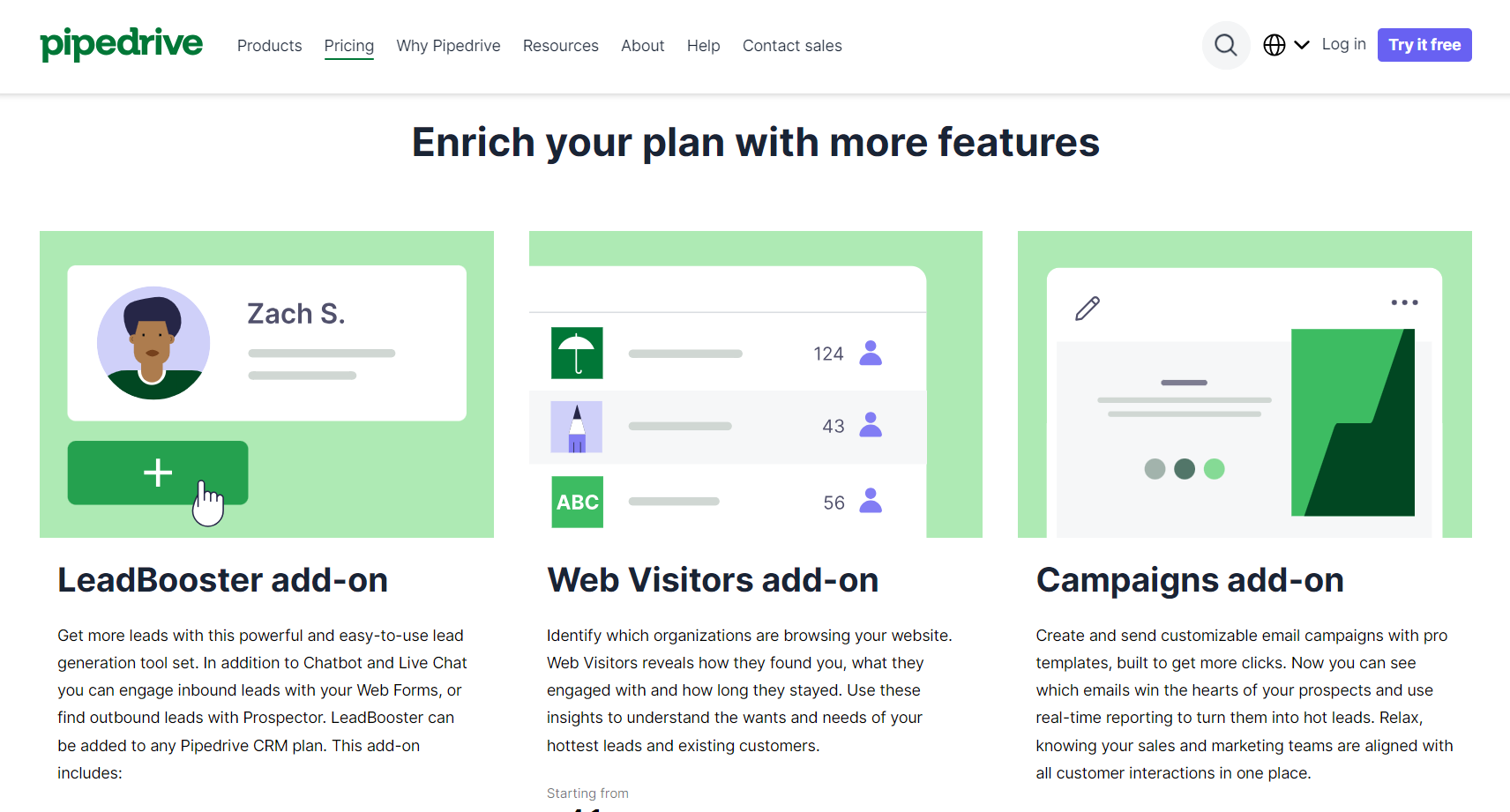
Pipeliner has proven to be worth the buy; to determine if it is cost-effective, consider factors such as your business size, budget, and specific needs.
To make an informed decision about whether Pipeliner CRM is worth the investment, calculate your current CRM costs, check out Pipeliner CRM pricing tiers, compare costs and benefits, and consider negotiation opportunities.
By evaluating these factors, you can determine if Pipeliner CRM fits within your budget and provides the necessary value for your business.
FINALLY: IS PIPELINER CRM A WASTE OF TIME OR NOT?
Pipeliner CRM is a valuable tool for sales teams and a customizable solution for businesses. It is worth considering for visual sales pipelines, customization, ease of use, and sales management. However, it might not be the best fit for teams with limited automation, complex reporting needs, tight budgets, or large sales teams with complex workflows.
The decision to buy Pipeliner CRM should be based on specific needs and features. But if you need software that offers a visually appealing sales pipeline, customizable, and mobile-friendly interface, enhancing sales forecasting and pipeline management for sales teams, Pipeliner CRM is the best fit.
>>> GET SMARTER: CRM Software – Why Use It?













